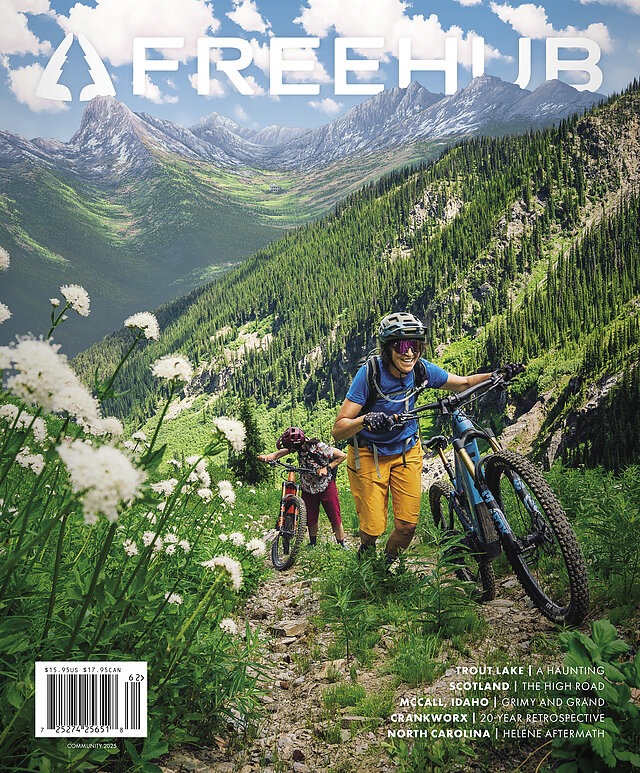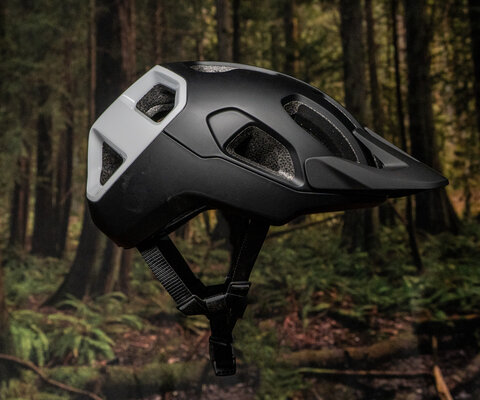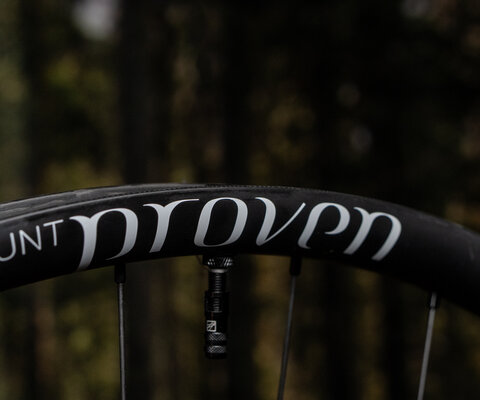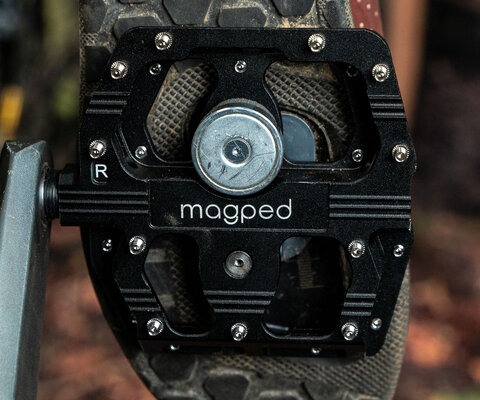Welcome to Issue 16.2
Riding alongside a good friend is often about more than shared laughs and exercise. At their best, these hours on trail transcend everyday life and open portals to deeper communication, problem solving, and meaning. In this issue of Freehub, we examine human connection through the lens of mountain biking. Tim Wild reports from Scotland, where government programs are adopting the sport wholesale to promote and fund healthy, meaningful lifestyles. Elladee Brown examines the life of Alice Jowett, an enterprising woman born in England in 1853 who later came to own and operate the Windsor Hotel in Trout Lake, British Columbia. Still in operation, the Windsor sits at the base of some of interior B.C.’s most stunning and remote singletrack. These stories, and many others in this edition, all point to a simple fact: Humans thrive on shared experience, with bikes acting as the perfect tool for facilitating their journeys.
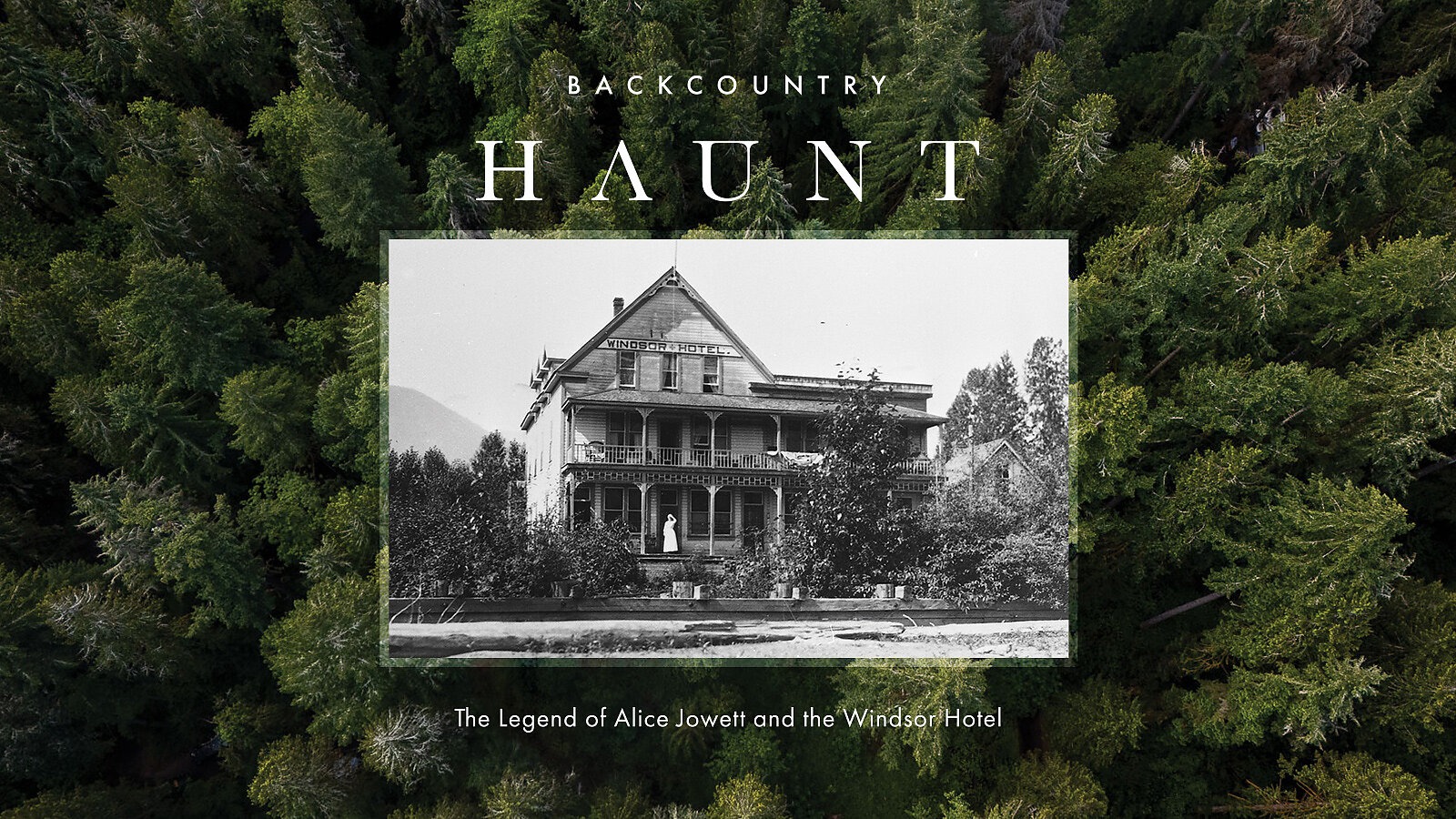
My childhood friend from Nakusp, Nicole Daney, likes to tell a story about the time the lights suddenly went out at Trout Lake’s old Windsor Hotel. As a kid, she cleaned rooms there in the ‘80s.
Huddled around the front desk in the pitch-black, her fellow cleaners, too spooked to venture upstairs, urged Nicole to investigate.
“You go,” they whispered to her through the darkness, “It’s your granny!”
Without hesitation, she tiptoed up the creaky wooden staircase to the third floor and flipped the breaker, restoring light again.
It wasn’t the first time Nicole’s mischievous great-great-grandmother, Alice Jowett, former owner of the Windsor, had made her presence known. The 127-year-old hotel in Trout Lake, one of British Columbia’s oldest, was her pride and joy. Eventually, it became her legacy.
Words by Elladee Brown | Photos by Anne Keller
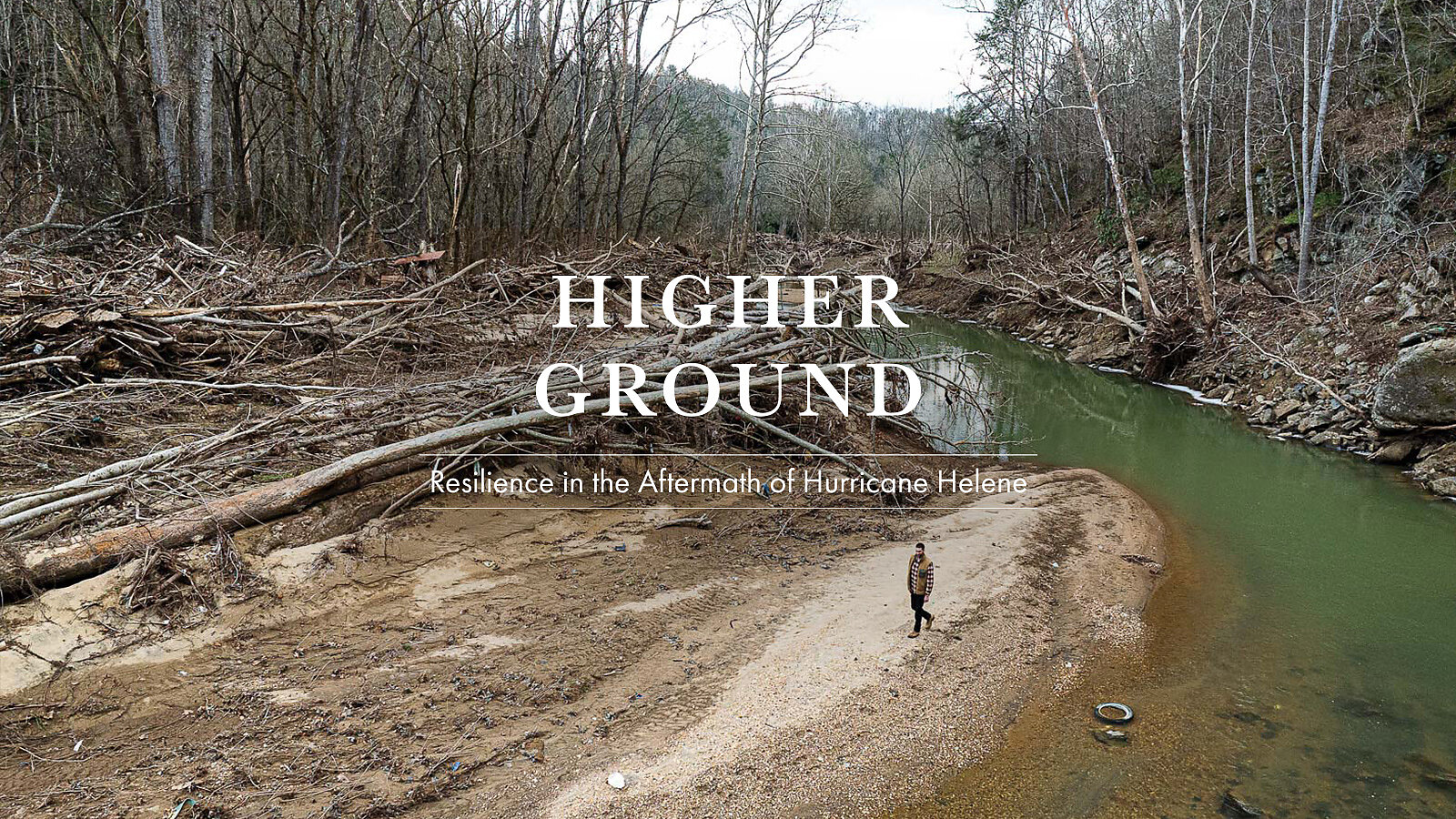
Peter Mills stands with the toes of his work boots at the edge of the Ivy River north of Asheville, North Carolina. The warm January day, while strange, is a pleasant change from a long, cold, and snowy winter in the mountains of western North Carolina.
Mills, president and owner of Elevated Trail Designs, started his company on the cusp of the modern era of trailbuilding in this region. His approach to trail projects is tempered by a business management degree from the University of North Carolina Asheville Center for Health and Wellness and his years growing up on local trails. Mills’ resume now includes high-profile projects such as YouTube star Seth Alvo’s Berm Park in nearby Canton, the Greenslick trail in Pisgah National Forest, and countless other projects in the area.
Words by Kristian Jackson | Photos by Derek Diluzio
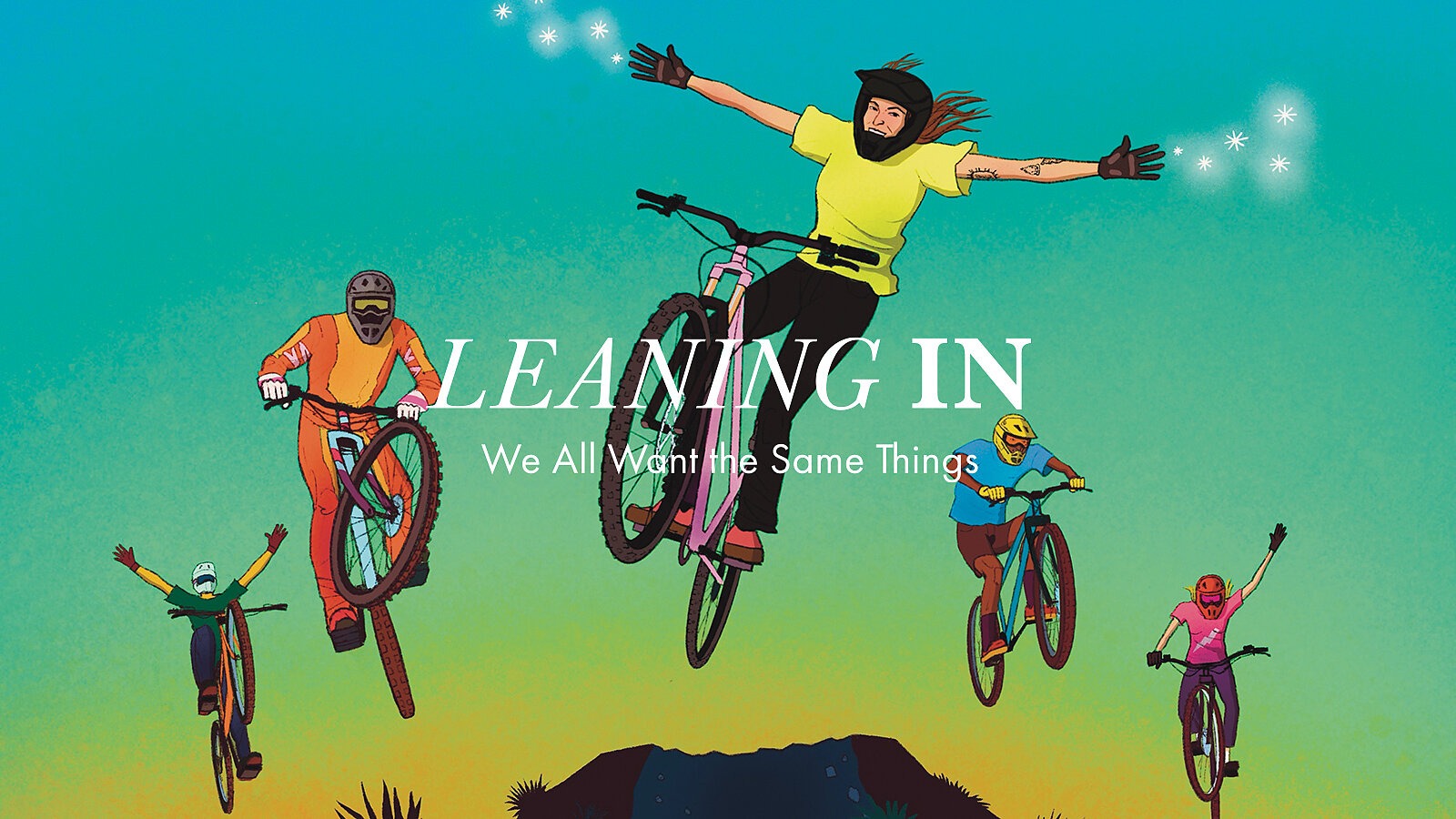
Our entire world is in flux right now, and the future is anything but certain. It feels big and overwhelming, but there is one thing we can count on if we’re willing to put forth the effort, and that is each other.
The bike industry will continue to ebb and flow. Poor decisions will continue to be made that cost others their jobs, budgets, and sponsorships. And it will continue to happen in ways that will leave us with so many more questions than answers. More broadly, politicians and a constantly shifting media landscape will continue to try to divide us for personal gain. Here in the U.S., some freedoms and human rights granted under our Constitution are being systematically ripped from our hands. As I speak, the rich get richer at our expense and the semblance of normal we once had is fading away like a lucid dream. Often, it seems that these manufactured divisions are purpose-built to break us down into conformity.
Words by Blake Hansen | Illustration by Jacopo Degl’innocenti
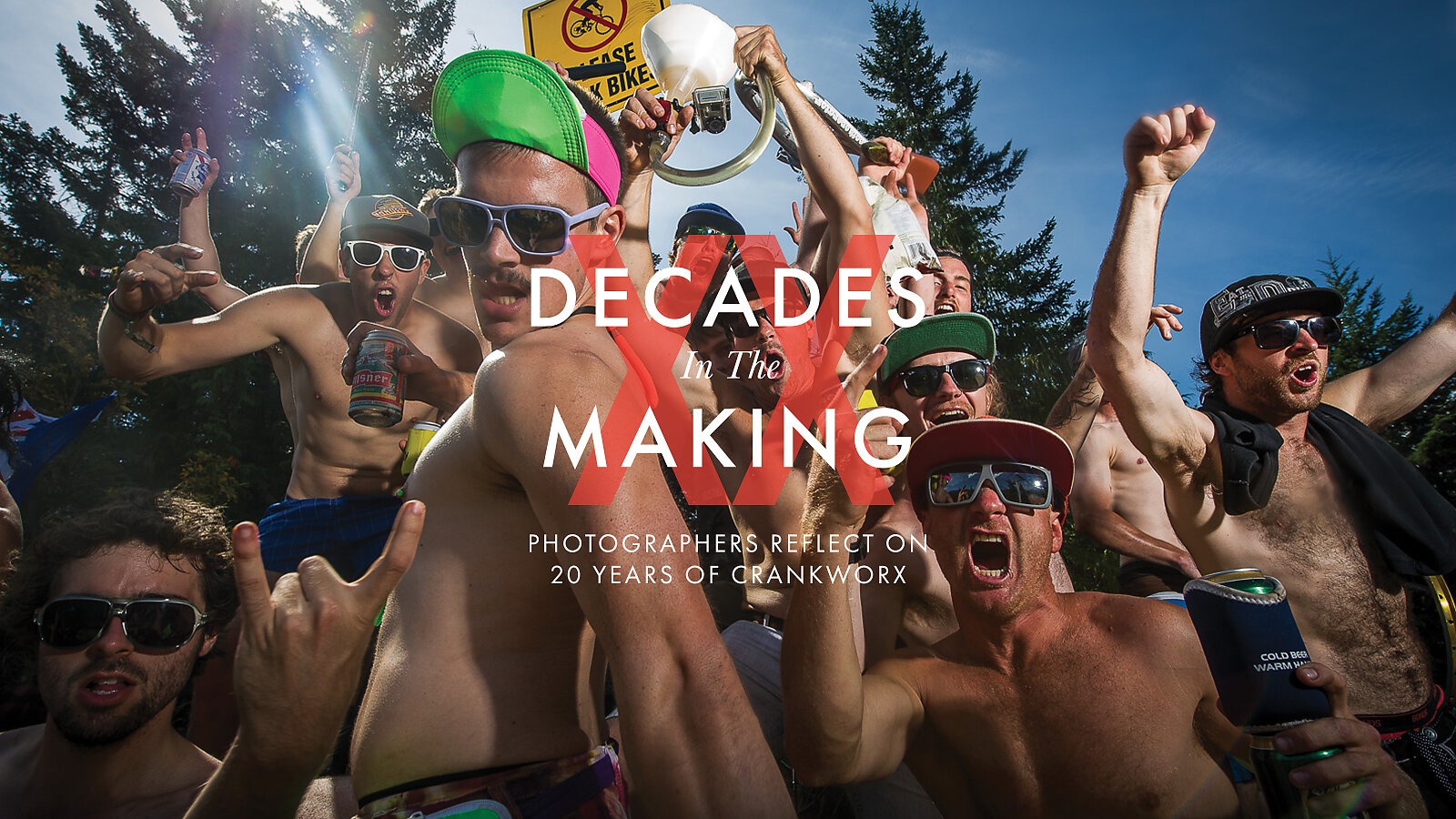
The spectacle of a Crankworx event is unlike anything else in mountain biking.
For casual tourists who happen to find themselves wandering through the Whistler Village in the midst of the mayhem, Crankworx serves as a first, albeit slightly warped, introduction to the sport. For amateur riders, it’s a chance to watch the world’s best push themselves to never-before-seen speeds and heights. And, for said pros, the events act as a stage that can either propel careers into entirely new stratospheres or, in the event of a disappointing result, be motivation for even more training and hard work.
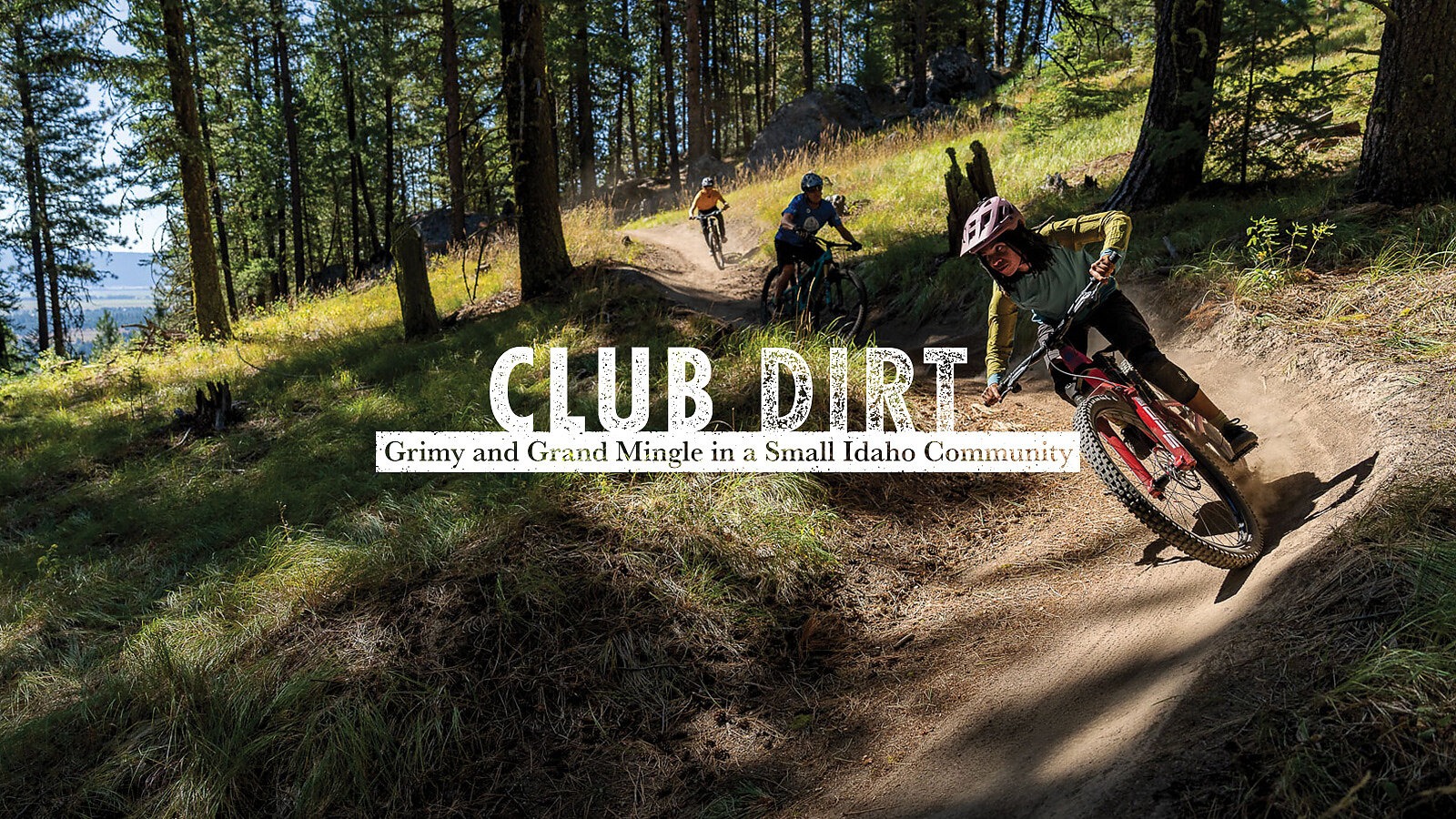
The wound on my elbow was only a scrape, but the blood and dirt smeared across the white porcelain sink and cotton hand towels looked as if someone had been murdered in the otherwise spotless clubhouse bathroom.
Surely, a stinky, dust-covered mountain biker like me did not belong in such upscale facilities. So, when a polo-and-khakis-clad gentleman walked in, I knew I was about to get reported to management.
Instead, he just winced and asked on which trail I’d fallen, before recommending a post-crash beer at the restaurant to take the edge off. I cleaned up the sink as best I could, made a karmic apology to the janitorial staff and headed to the clubhouse bar, only to be confronted by a jarring mix of tucked-in polo shirts, smelly kneepads, crisp golf shoes, and scuffed helmets. At Jug Mountain Ranch, the contrast is oddly fitting.
Words by Sakeus Bankson | Photos by Chris Wellhausen
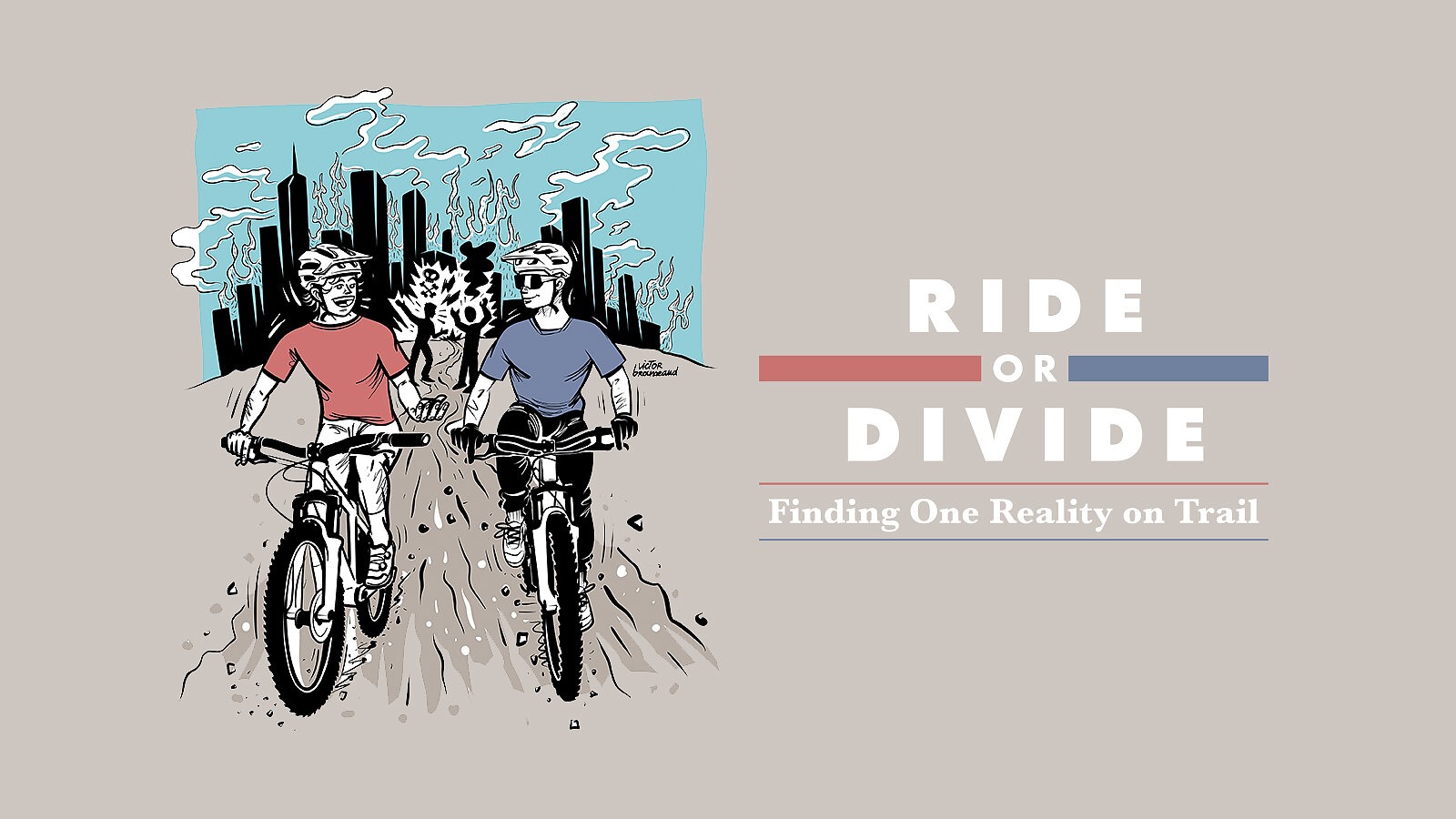
He thinks I’m crazy, and I think he is too.
For him, economic growth is more important than climate action, and the COVID-19 lockdown measures were the most disastrous infringement on civil liberties in modern history. To me, there’s nothing for the economy to exist in without the climate, and the pandemic response was the greatest expression of the social contract since World War II. He thinks the market is self-equalizing and we need to get out of its way. I believe that, if left unchecked, free-market forces create the kind of drastic social inequities that are fraying Western democracies right now. And pronouns? Well, let’s not get into pronouns.
Words by Matt Coté | Illustration by Victor Brousseaud
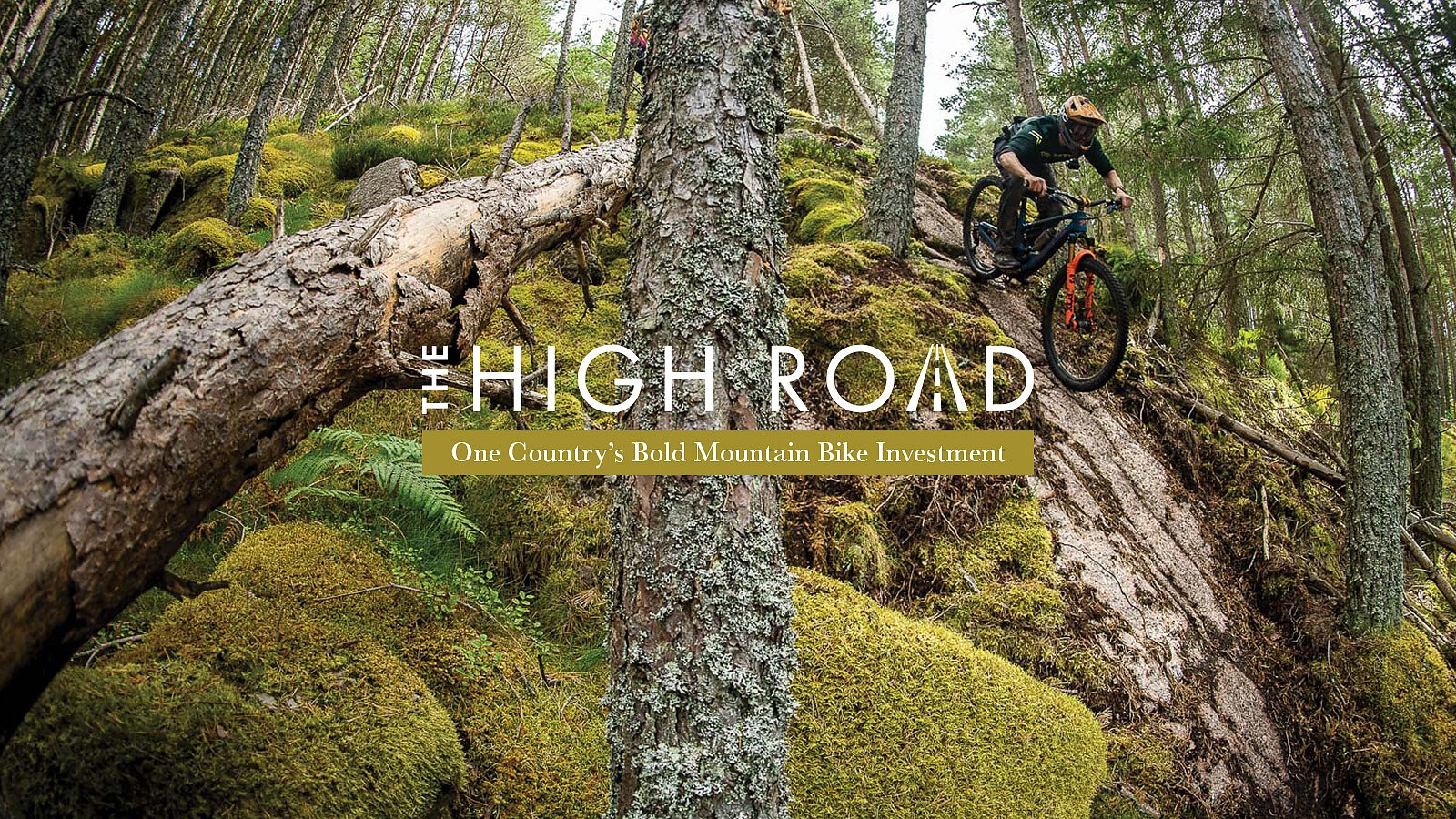
A small European country is currently making a historic investment in mountain biking. Its government formally committed to, between the years 2003 and 2030, spending an equivalent in U.S. dollars of nearly $200 million on trails, accessibility programs, supporting mountain bike industries, sustainability, rider development—the whole enchilada.
That’s a government spending around $33 for every single person within its population. In the U.S., that figure would, per capita, equate to an investment of more than $2 billion.
It’s not a country with an affluent cycling culture such as France or Italy, where the summer season offers huge rewards to resorts that can attract riders down the same slopes that beckon skiers each winter. And it’s not wealthy Norway, with its bountiful oil revenue and staunch cultural heritage of outdoor pursuits.
Words by Tim Wild | Photos by Andy McCandlish
